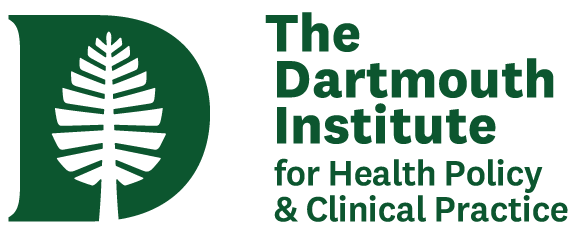Bio
Meghan Longacre is a child developmental researcher with expertise in the socioecological influences on children’s, adolescents’, and young adult’s health risk behaviors. For the past 12 years, her research has focused on the prevention of childhood obesity. Her current work examines the influence of food marketing on preschoolers’ diet. Meghan has worked with several prominent community organizations, including the Montshire Museum of Science in Norwich, Vermont, and WGBH, the Boston PBS Affiliate, to design and evaluate research-informed curricula to promote energy-balance practices in preschool, middle-school, and high-school settings. She serves on the board of editors for the Journal of Nutrition Education and Behavior, and is a reviewer for NIH’s Time-Sensitive Obesity Policy and Program Evaluation mechanism. As a qualitative researcher, Meghan consults with research teams regarding appropriate use of qualitative methods within child-focused research projects.
More recently, Meghan served as the director of the Hybrid (online/on-campus) Master of Public Health program at The Dartmouth Institute for Health Policy and Clinical Practice. She currently teaches the Qualitative Research Methods short course in the Hybrid MPH program. In addition, she is the co-Course Director for the “Practicum” series of courses (PH261-PH264), which combines the Applied Practice Experience and Integrated Learning Experience requirements for the Hybrid MPH program. Since coming to Dartmouth in 2001, she has mentored numerous undergraduate and graduate students.
She earned a BA in psychology from Rutgers University, and an MS and PhD in family studies and human development from The University of Arizona.
Published Research
Carroll JE, Sturgeon SR, Bertone-Johnson E, VanKim N, Longacre MR, Dalton MA, Emond JA
J Nutr Educ Behav|2024 Apr
Gowarty MA, Longacre MR, Vilardaga R, Kung NJ, Gaughan-Maher AE, Brunette MF
JMIR Ment Health|2021 Jul 7
Carroll JE, Price G, Longacre MR, Hendricks KM, Langeloh G, Beach P, Dalton MA, Emond JA
Appetite|2021 Nov 1
Gowarty MA, Kung NJ, Maher AE, Longacre MR, Brunette MF
JMIR Form Res|2020 Oct 2
Fast food intake and excess weight gain over a 1-year period among preschool-age children.
Emond JA, Longacre MR, Titus LJ, Hendricks K, Drake KM, Carroll JE, Cleveland LP, Dalton MA
Pediatr Obes|2020 Apr
Courses Taught
PH 261/262/263/264:
Practicum and Practicum Intensive
(3.75 units)
The TDI Hybrid MPH includes a concurrent practicum course that runs throughout the entire program, combining an Applied Practice Experience, or APE (a field study) with an Integrated Learning Experience, or ILE (written culminating project). Students develop and execute their own individual practicum with faculty support, focusing on a specific problem area or question. Skills gained in the program serve to improve health and/or health care, develop or refine policy, or generate new knowledge in a real-world setting. Using systems thinking, qualitative and quantitative methods, along with effective inquiry, student practicums will provide actionable insights and feasible recommendations.
PH 214:
Introduction to Survey Methods for Public Health and Healthcare
(0.50 unit)
This course introduces students to the use of survey methods in public health and healthcare. Students will learn basic principles of survey study design and data collection, focusing on evidence-based designs such as the tailored design survey approach. Specific activities used to learn survey methods include writing and critiquing survey questions, evaluating survey formats, and designing survey studies, including sampling, survey mode and recruitment based on the study question, context and target population.
PH 161:
MPH Internship
(4)
The public health field internship provides students with an opportunity to apply principles and skills learned in the classroom - the measurement, organization, and improvement of public health care - to real situations in the field. A minimum of 120 hours is to be spent at the placement site during the winter and spring terms. Typically, this internship occurs in the final term of the year, but other arrangements are possible, typically for part-time students, with permission of the course director. Students who have completed their internships prepare and present an overview of their experience at the conclusion of the spring term and complete an exit appraisal of their experience and achievements.
Required for MPH; Not available for MS, PhD, Post-doc or Special students.
Prerequisites: PH 100, 102, 111, 115, 117, 139, 140, 151, and 154 or consent of course directors.

